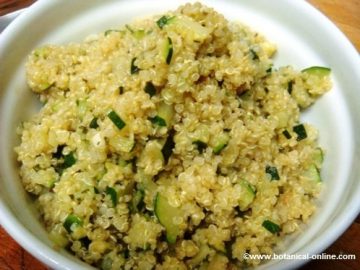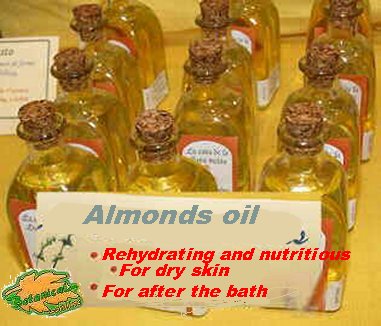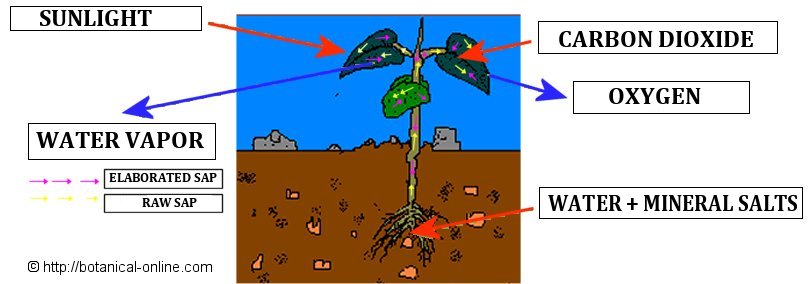Contents
Benefits and functions of threonine, essential amino acid
What is threonine?
Threonine is an essential amino acid that the body can not synthesize and therefore must be provided by the diet.
Threonine acts together with two amino acids: methionine (essential amino acid), and aspartic acid (nonessential amino acid), exercising the work of metabolizing fats that are deposited in organs like the liver.
The abbreviation for this amino acid is Thr. Chemically it is a hydroxyamino acid that contains an alcohol or hydroxyl group.
Properties of threonine

Threonine promotes the proper functioning of the liver and prevents the toxicity that would represent a malfunction of its functions.
Among the many anomalies of this organ that can be prevented or treated with the use of this amino acid, we have, for example, fatty liver.
The better functioning of the liver leads to an increased production of digestive juices, which helps digestion of nutrients and helps prevent digestive problems such as indigestion, constipation, gastritis, flatulence, etc.
It is also important for protein synthesis, necessary for the proper functioning of the body.
A good dose of threonine in the diet ensures the proper production of substances like collagen, essential for proper maintenance of connective tissues, skin and tooth enamel, which are essential to maintain strong, resilient, healthy teeth. Protection of dental enamel is suitable in preventing caries.
It also ensures the maintenance of elastin which provides elasticity to our tissues and confers them an adequate strength.
Eating foods rich in threonine help improve or prevent the onset of a number of abnormalities of the skin, such as eczema, psoriasis, dermatitis, burns, wounds, ulcers.
The advantages for the organ of the skin are very large. By promoting skin elasticity, threonine is able to reduce wrinkles or crow’s feet. No less important is its action in the prevention or treatment of psoriasis, eczema, dermatitis, acne or wound healing.
Contraindications of threonine
– Pregnant women or people suffering from liver and kidney: They should not take supplements of isoleucine.
Foods containing threonine
Animal foods are those that contain more threonine, especially cheese and protein supplements made from milk powder (whey protein)
Within plant foods, we include, for example, quinoa or amaranth
* More information: Foods rich in threonine
Threonine supplements
Although you can take supplements of threonine, it is recommended to cover the needs of this amino acid through a balanced diet. If supplementation, it is appropriate to consultation a specialist before taking it..
* Related information:
– How to combine vegetable proteins
List of amino acids in food | |
Essential amino acids | Nonessential amino acids |
Phenylalanine, Isoleucine, Leucine, Lysine, Methionine, Threonine, Tryptophan, Valine | Aspartic acid, Glutaminic acid, Alanine, Arginine, Cysteine, Cystine, Glycine, Hydroxyproline, Proline, Serine, Tyrosine |
![]() More information on amino acids.
More information on amino acids.








